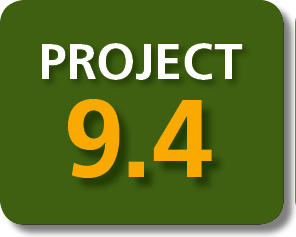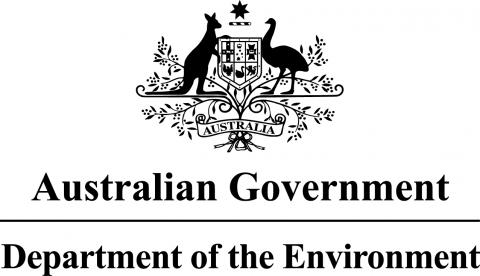Resources

Coastal zones around the world have been under high and increasing sporadic development pressures on land and at sea. Functioning coastal ecosystems require healthy cohesively-managed terrestrial and marine areas. The combination and complexity of these two issues for coastal management generate the wicked problem of coastal syndromes. In this talk, I will start by showing why coastal management is such a great challenge for conservation planning and why we need a novel approach that requires forgetting the crystal ball most commonly used. Qualitative scenarios have been used in the past to facilitate coastal management; however, spatially-explicit scenario planning can be applied to coastal zones and has flexibility advantages that should allow conservation planning to include the uncertainty in future coastal development. The Great Barrier Reef World Heritage Area (GBRWHA) is a typical example of a coastal marine protected area with a fast and unpredictably changing coast and where the terrestrial part has not been considered. This talk will end with the presentation of the progress and intents of an on-going project aimed at developing a new methodology to incorporate the field of scenarios in systematic conservation planning using land use change modelling and impact and goal assessments with spatial analyses to draw strategic priorities for conservation along the GBRWHA coast in the light of plausible coastal development in the next 25 years. Listen to more
ABC Radio National
13 August 2012
Worldwide, frogs are in decline. And Australia is no exception. There was a dramatic crash in the early 1990s after the arrival of the deadly Chytrid fungus.
Some species are still in trouble. But populations for others appear to be stabilising.
ABC Radio's Fran Kelly talks to Dr. Conrad Hoskin about this subject. Listen now

In the following audio clips, Dr Nadine Marshall talks about the forthcoming scientific survey "What does the Great Barrier Reef mean to you?"
The large scale survey is going to investigate people's perceptions for the whole of the Great Barrier Reef, covering marine tourism, traditional owners, ports and shipping, aquaculture, mining, residents and coastal communities.
a) An opportunity to work with policay makers
b) A home for social and economic research data
c) Annual snapshot for GBRMPA to use in decision making
e) Five thousand residents and tourists with survey teams the length of the GBR
f) Most important: getting to know how you use and perceive the GBR
All the above audio clips are © CSIRO/ABC Radio Release



